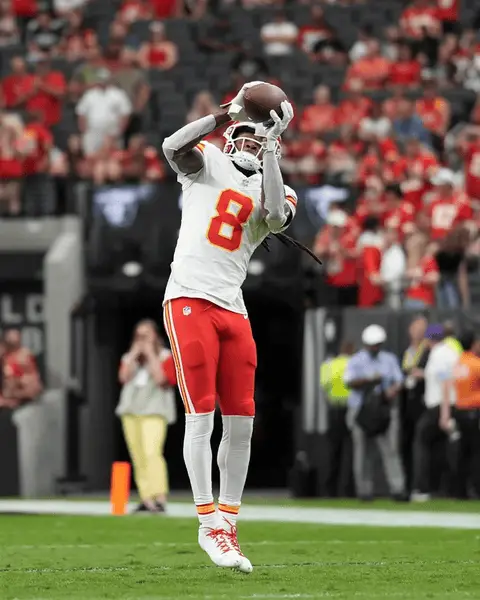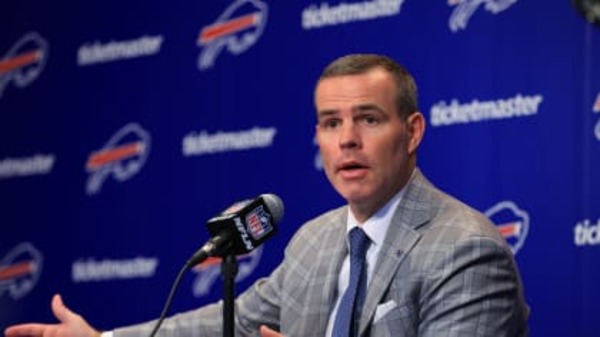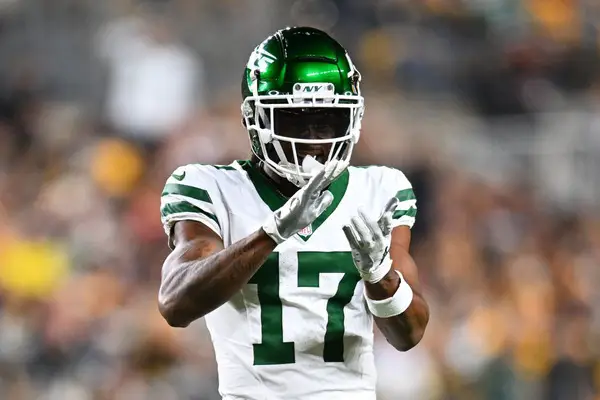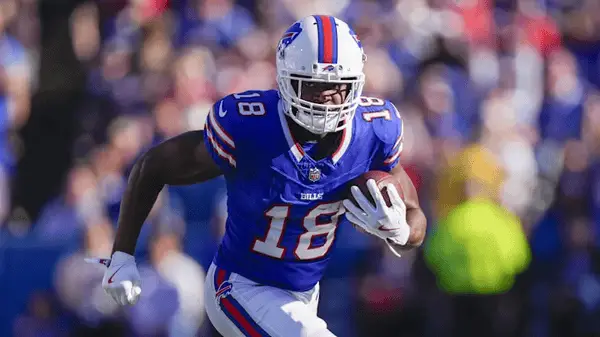The NFL trade deadline moves are transforming the competitive landscape as NFL championship contenders aggressively pursue roster improvements to bolster their Super Bowl aspirations. Over the last decade, several high-profile trades have occurred. Many have involved wide receivers just before the NFL trade deadline, significantly impacting the receiving corps performance of teams involved. These strategic NFL roster trades have repeatedly demonstrated how franchises can dramatically reshape their offensive capabilities mid-season. See NFL Ticket Exchange: Your source for all NFL Tickets.
The Amari Cooper Journey
In 2018, the Dallas Cowboys acquired Amari Cooper from the Oakland Raiders in exchange for a first-round pick. This trade proved pivotal for the Cowboys as Cooper became a key offensive player, helping revitalize their receiving corps performance. Cooper’s journey continued to the Cleveland Browns, where he emerged as a crucial offensive weapon. The partnering with quarterback Joe Flacco led to an unexpected playoff run. Whereas the DeShaun Watson-Cooper connection struggled to develop this year. Cooper’s recent trade to Buffalo resulted in an immediate impact of 4 receptions for 66 yards in his debut. This demonstrates why NFL championship contenders value such NFL team acquisitions.
NFL Roster Trades Impact Analysis
The Buffalo Bills previous experience with receiver trades includes their 2017 acquisition of Kelvin Benjamin from the Carolina Panthers, exchanging third and seventh-round picks. Unfortunately, Benjamins’ impact was limited due to injuries, and expectations fell short. In contrast, the Arizona Cardinals’ 2022 trade for Marquis Brown from the Baltimore Ravens demonstrated a different approach to NFL roster trades. The transaction involved a first-round pick exchange while also securing a third-round selection. These varying outcomes highlight the complexities involved in evaluating receiving corps performance in mid-season trades. See Osprey Lifestyle gear for hiking, biking and travel.

Recent Championship Contender Moves
The Kansas City Chiefs’ recent acquisition of DeAndre Hopkins from Tennessee reflects their commitment to improvement as an NFL championship contender pursuing a third consecutive Super Bowl title. This strategic move aims to address their scoring challenges, as the team has yet to reach thirty points this season. Such NFL team acquisitions demonstrate how established contenders continue to seek roster improvements even amid successful runs. Learn more about Ritual MultiVegan Supplements.
Buffalo Bills General Manager Brandon Beene, following a successful pattern, established with the Stefon Diggs acquisition, identified another opportunity to strengthen their receiving corps. After trading Diggs in the offseason, the Bill filled their primary receiver void by acquiring Cooper, providing Josh Allen with a proven top target. This series of NFL roster trades shows how teams must constantly adapt their receiving corps performance to maintain competitive advantages.

Cooper’s contract situation played a crucial role in facilitating the trade. The Browns restructured his $20 million base salary through conversion to a signing bonus, making him more attractive to potential trade partners. The deal’s structure leaves Buffalo responsible for only $806,667 of his $1.21 million base salary, while Cleveland received future draft compensation including a 2025 third-round pick and a 2026 seventh-round pick. These financial maneuvers often determine which NFL team acquisitions are feasible as the trade deadline approaches. Transform your Health with Ora Organic.
Buffalo’s Strategic Receiver Acquisition
Buffalo’s acquisition of Cooper represents a clear statement of their Super Bowl ambitions, particularly following their division rival New York Jets trade for Davante Adams. Cooper’s transition from Cleveland’s struggling offense to Buffalo’s high-powered attack, led by Josh Allen’s performance this season, suggests significant potential for improved receiving corps performance metrics and enhanced championship prospects. As the NFL trade deadline approaches, other NFL championship contenders will likely continue to explore similar opportunities to strengthen their rosters for playoff runs.

The impact of these deadline moves extends beyond the current season. When NFL championship contenders make significant NFL team acquisitions, they often influence both immediate playoff races and future draft strategies. Teams must balance the immediate benefits of adding veteran talent against the long-term value of retained draft capital, making each trade deadline a crucial moment for franchise development.
Barry Schustermann
Follow me on X @BarrySchust
Follow me on Facebook @Barry Schustermann



